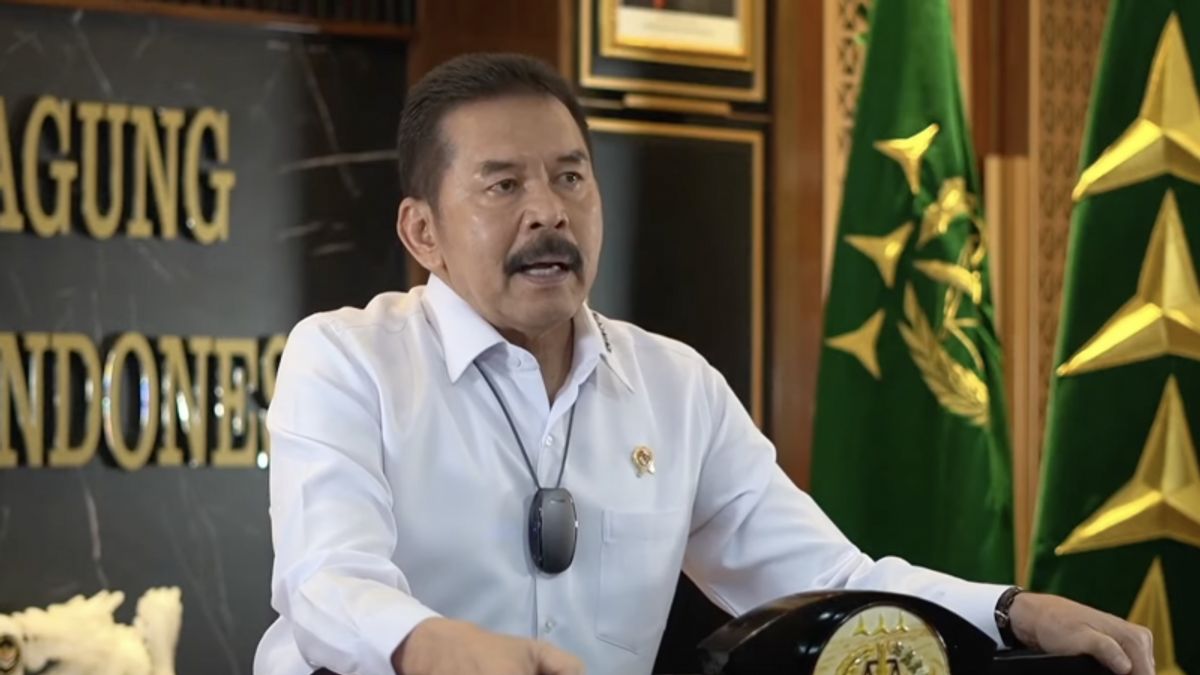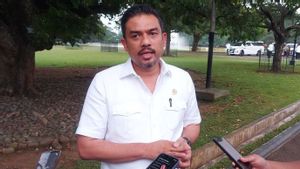JAKARTA - Attorney General Sanitiar Burhanuddin said that, based on the norms of the Law on the Eradication of Criminal Acts of Corruption, the death penalty does not apply to funds for non-natural disasters.
"This is where we find a regulatory weakness that must be corrected, namely regarding the corruption of funds earmarked for non-natural disasters, for example for handling the COVID-19 pandemic as we are currently experiencing," said Sanitiar Burhanuddin when giving a key speech at a seminar entitled The Effectiveness of the Implementation of the Death Penalty on High-class Corruptors quoted by Antara, Thursday, November 25.
The juridical basis in imposing capital punishment for corruptors is contained in Article 2 paragraph (2) of the Corruption Eradication Act which formulates that in criminal acts of corruption committed under certain circumstances, the death penalty can be imposed.
"In the explanation of the article, what is meant by certain conditions are conditions that can be used as a reason for criminal offenses for perpetrators of criminal acts of corruption," he said.
The reason for the aggravation is if the criminal act of corruption is carried out on funds intended for handling dangerous situations, national natural disasters, overcoming the effects of widespread social unrest, overcoming economic and monetary crises, as well as overcoming corruption.
The definition of a national natural disaster, based on Article 1 point 2 of Law Number 24 of 2007 concerning Disaster Management, is a disaster caused by an event or series of events caused by nature, including earthquakes, tsunamis, volcanic eruptions, floods, droughts. , hurricanes, and landslides.
In order to become a national natural disaster, the status must be determined by the central government.
"In the future, it is necessary to reform norms, in which the phrase national natural disaster is sufficient to be formulated as a national disaster," he said.
On the other hand, the phrase coping with danger conditions, Sanitiar continued, can be found in Article 1 point 1 of Law Number 27 of 1997 concerning Mobilization and Demobilization, as well as in Perppu No. 23 of 1959 concerning the State of Danger, which categorizes the level of danger into a civil emergency, a military emergency, and a state of war emergency.
"Seeing the reference and interpretation of the phrase "danger" is still using the provisions of 1959, it is necessary to make a new regulation," said Sanitiar.
The English, Chinese, Japanese, Arabic, and French versions are automatically generated by the AI. So there may still be inaccuracies in translating, please always see Indonesian as our main language. (system supported by DigitalSiber.id)













